Interesting fact for you: Tilda Swinton did actually meet the famous Croydon-born film director David Lean shortly before his death, when she did a screen test for his unrealised film Nostromo in the early 90s. However she came to the conclusion that the goliath of the ‘establishment’ film industry was not for her and that her heart lay with arthouse cinema.
Why am I telling you this? Well, in the first week of January I had the pleasure of attending a screening of The Eternal Daughter, at the David Lean Cinema – a film by director Joanna Hogg and starring (in two roles) Tilda Swinton. The icing on the cake was that after the film, patron (and Croydon resident) Joanna Scanlan invited her uni friend, yes, Tilda Swinton, herself, to come in to talk to the audience about the film and her career in independent cinema. The candid chat between the longtime friends took place about a metre from my chair in the front row, which was a surreal and very intimate experience.
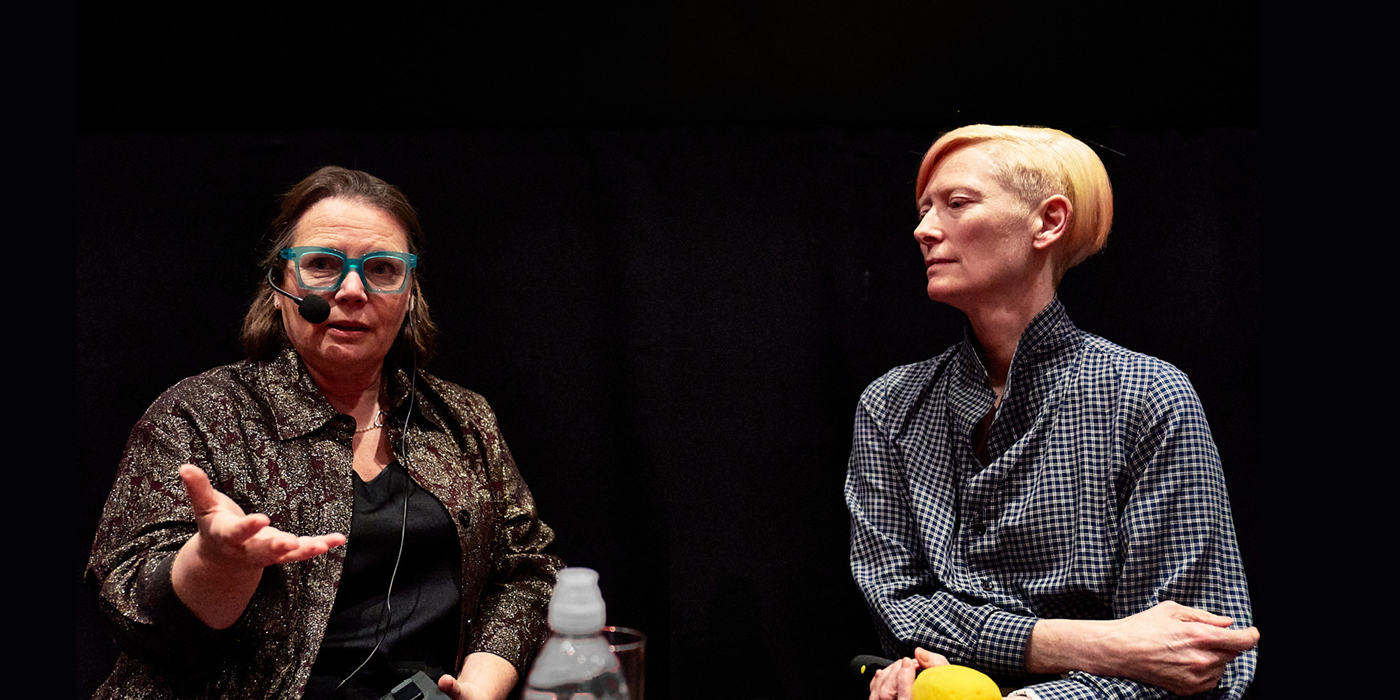
The Eternal Daughter is the third in a series of films by director Joanna Hogg, who is a childhood friend of Swinton – the pair having met at boarding school, aged 11. It was fascinating to hear about the films which took autobiographical elements from both Hogg and Swinton’s lives. The first and second films in the series, (The Souvenir and The Souvenir Part II) starred Swinton’s daughter Honor Swinton Byrne, playing Julie, a film student (which paralleled Hogg’s experiences), with Swinton herself playing Julie’s mother, Rosalind.
The Eternal Daughter meets characters Julie and Rosalind again, years later, where both roles are played by Swinton. Not to give the plot away too much, but this third film is a sort of ghost story, which is very much based on thoughts about Hogg’s as well as Swinton’s relationships with their own mothers.
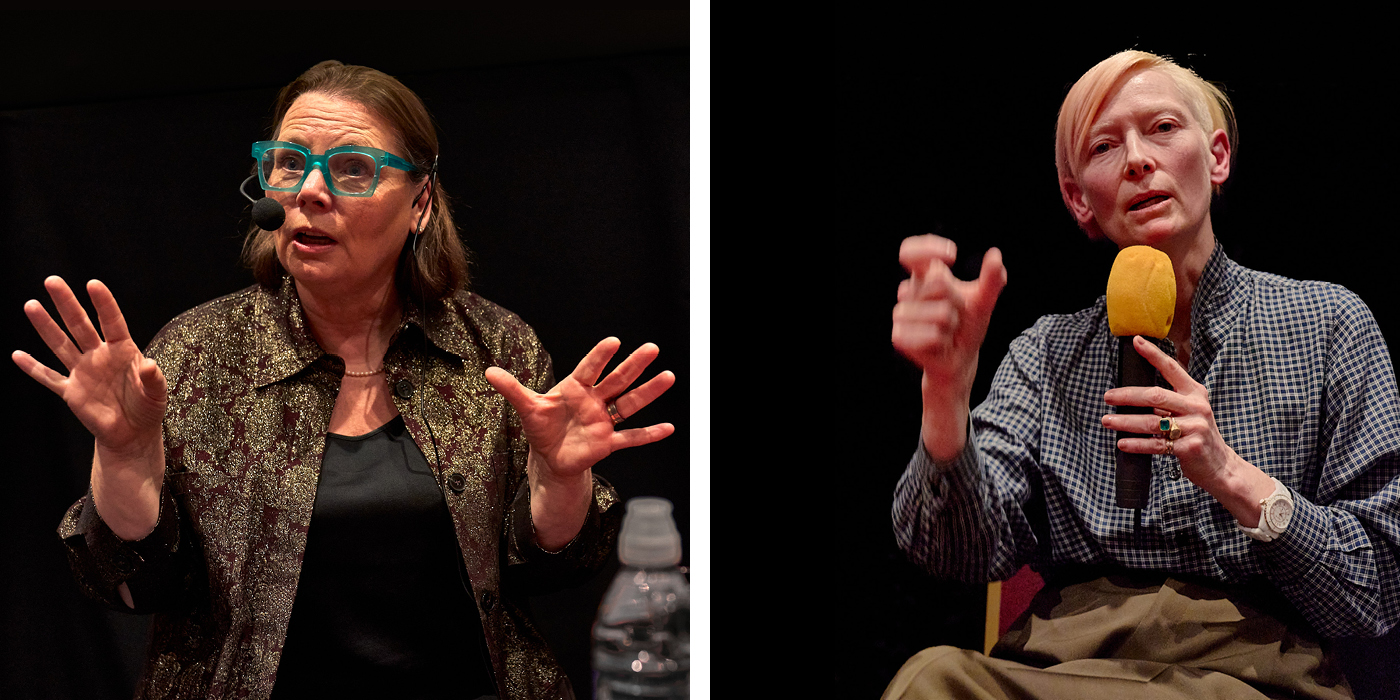
In the Q&A after the film Swinton talked about how The Eternal Daughter was developed, and how much of the dialogue was improvised – conversations between Swinton (in character) and Hogg off-screen. She also talked about the change in language she would adopt as she shifted between the middle-aged filmmaker Julie and her elderly mother Rosalind.
Set in an eerie Victorian hotel there were only a few other characters in the film – a grumpy receptionist who was the modern contrast to the otherworldliness of the main characters, the caring hotel manager, Bill, and Louis the dog, who is also Swinton’s dog in real life.
This was a great cultural event to kick off 2024. The David Lean Cinema are organising some amazing screenings and ‘extras’ with the support of Joanna Scanlan, who cares deeply about the cultural landscape of our borough.
I’m looking forward to the cinema’s upcoming programme. As part of LGBTQ month in February they are screening a great selection of queer films. Then March is the cinema’s 10th anniversary month, so they have several special events planned to keep an eye out for.
Check out all their screenings on their website and follow them on Facebook, Twitter and Instagram.
The David Lean Cinema resides in Croydon Clocktower, Katharine Street, Croydon, CR9 1ET.
Tickets are much more reasonable than chain cinemas, priced at £8.50 (Adults), £7.50 (Seniors aged 65 and over) with concessionary pricing at £5.00 for people in receipt of Pension Credit, Universal Credit, Employment Support Allowance (ESA), Personal Independence Payments (PIP), Income Support or Job Seekers allowance, disabled people, students and those aged 25 and under.
All images courtesy of The David Lean Cinema, photographs © Peter G. Ball.
Posted by Julia
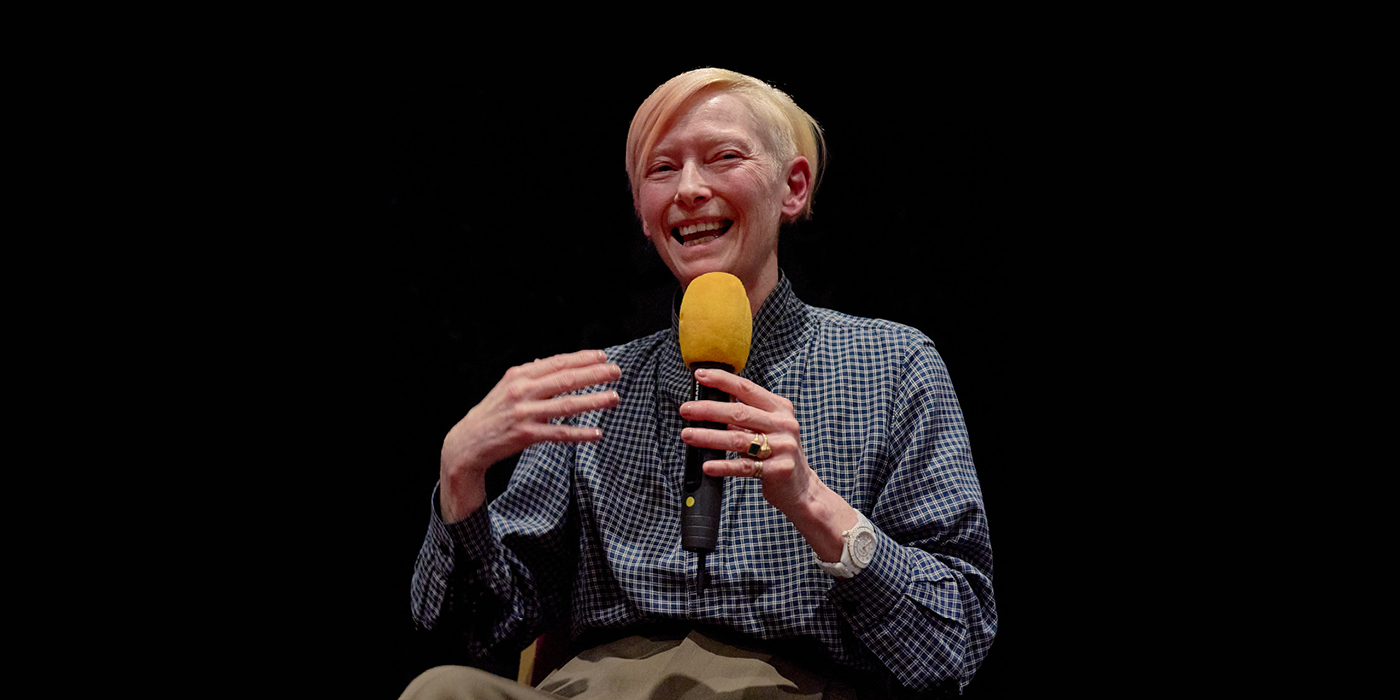
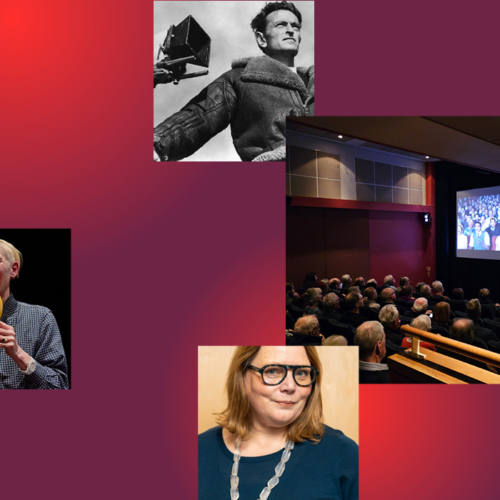
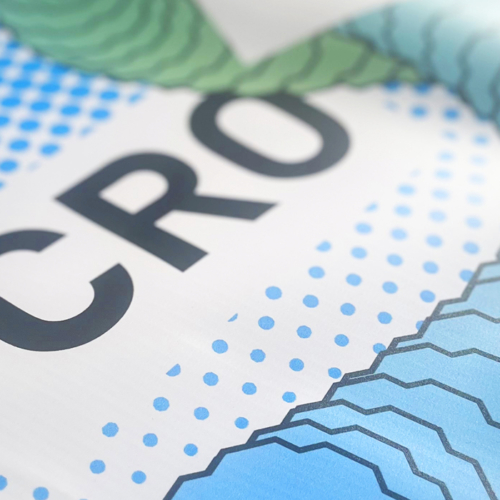


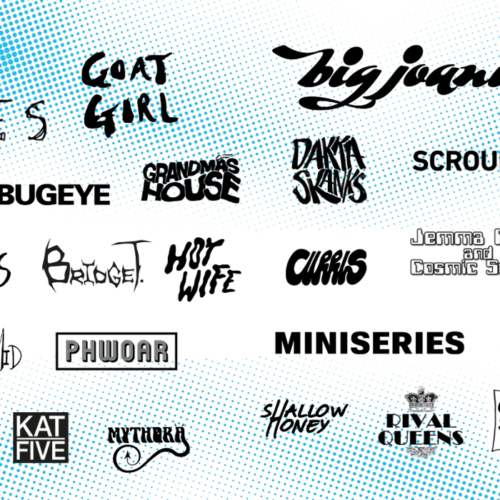
Always loved Tilda as I did Charlotte Rampling . Women always do a better job of everything! Finally our Herstory is seen on cinema.